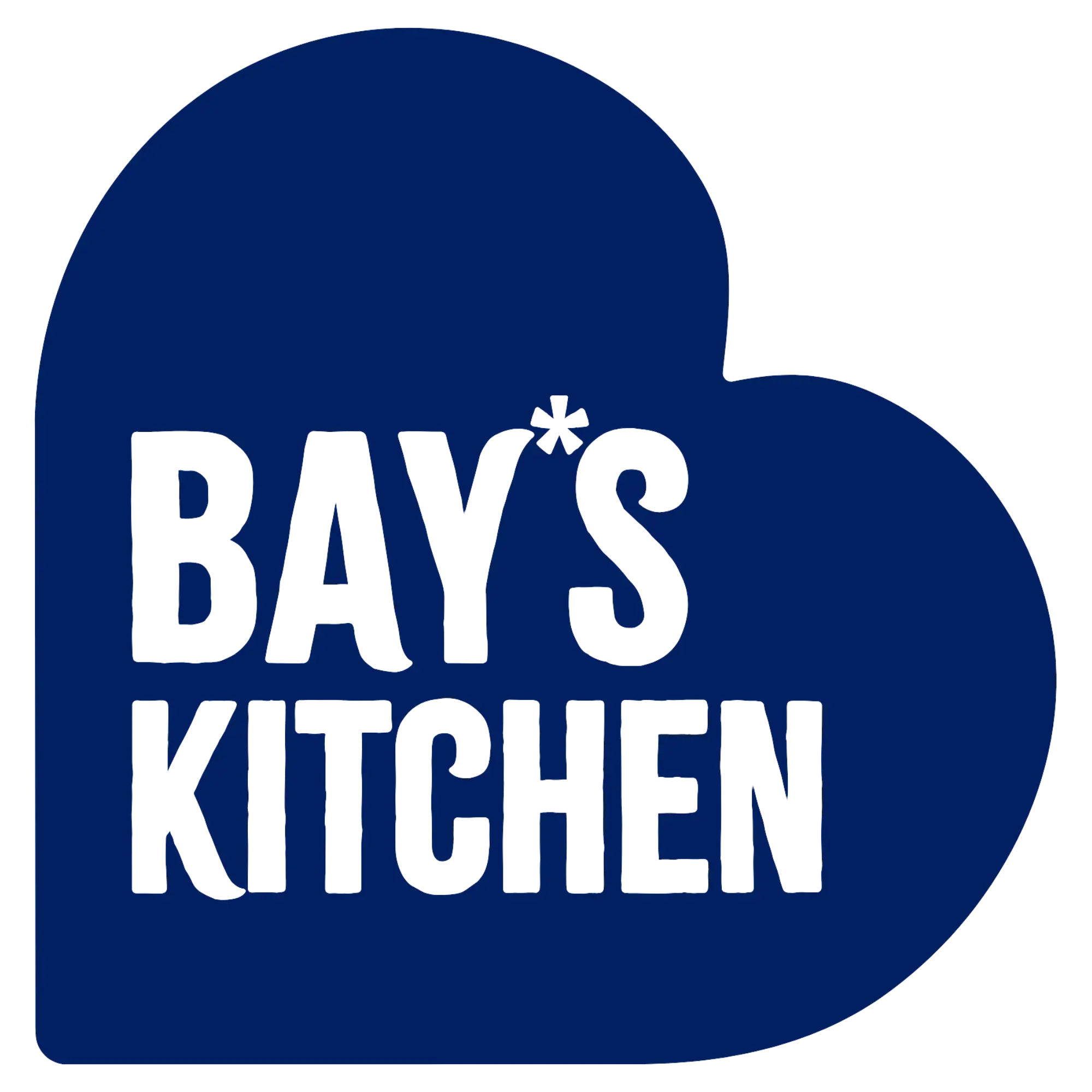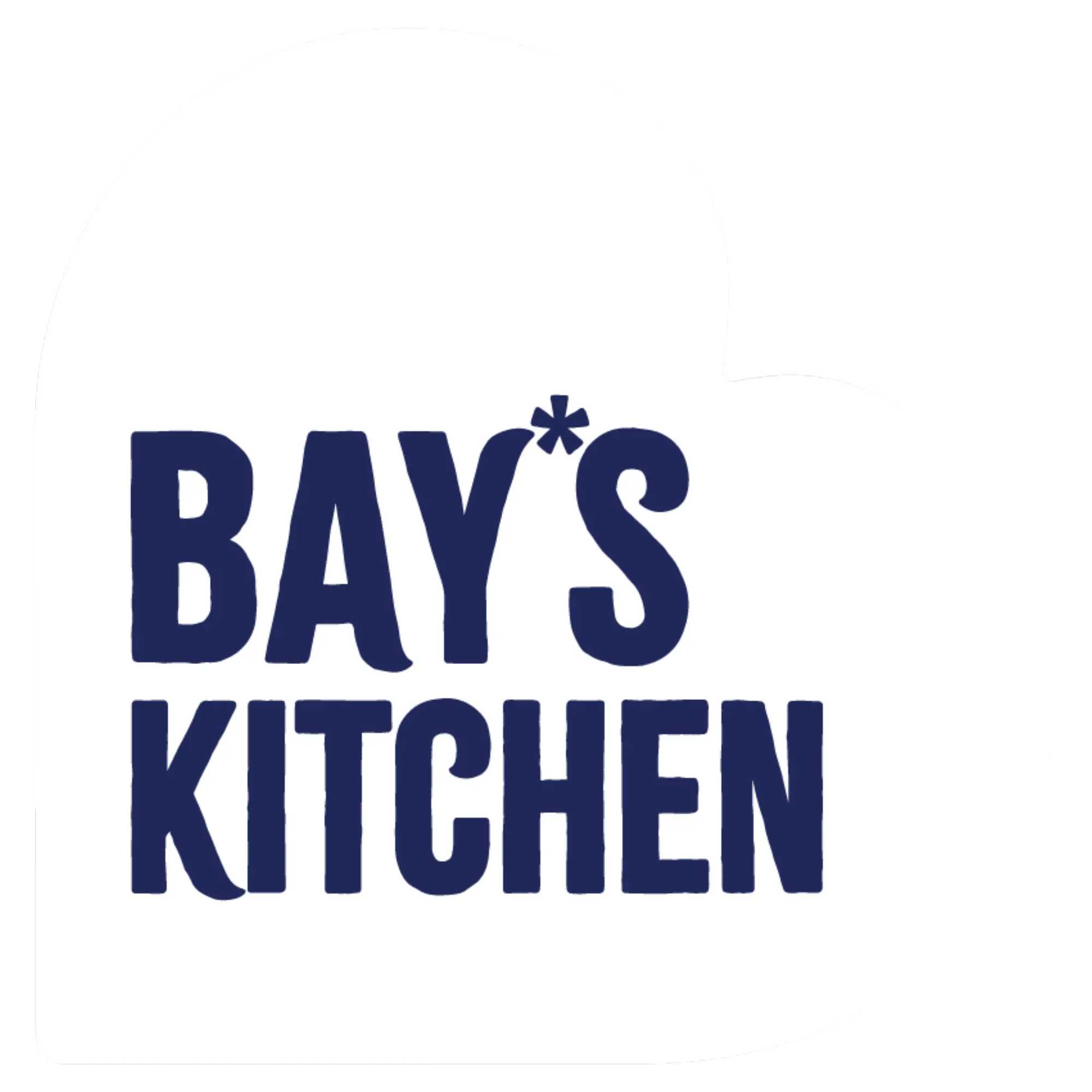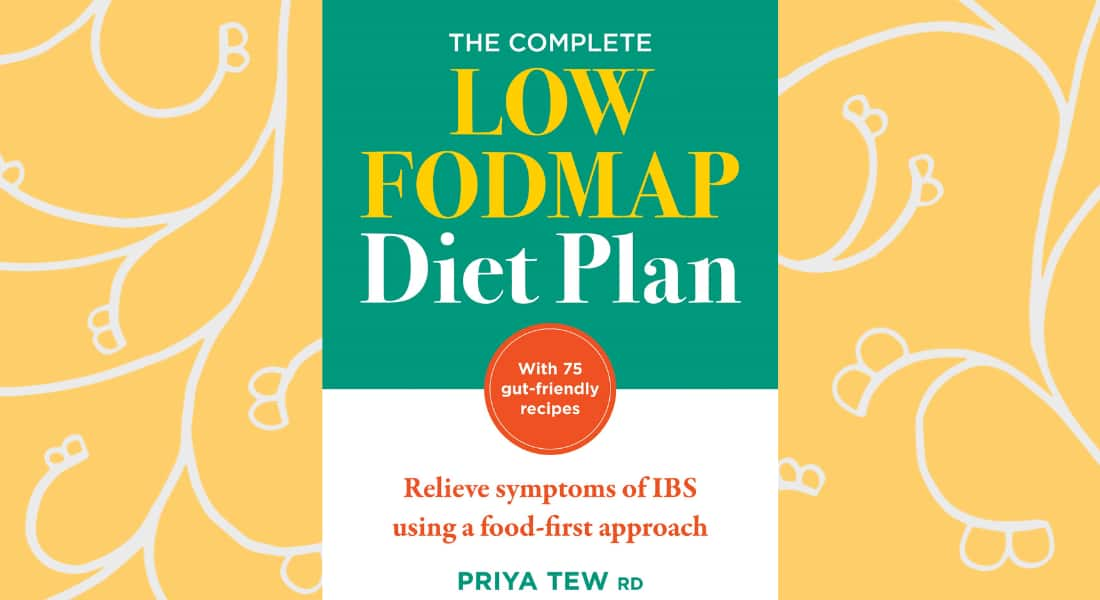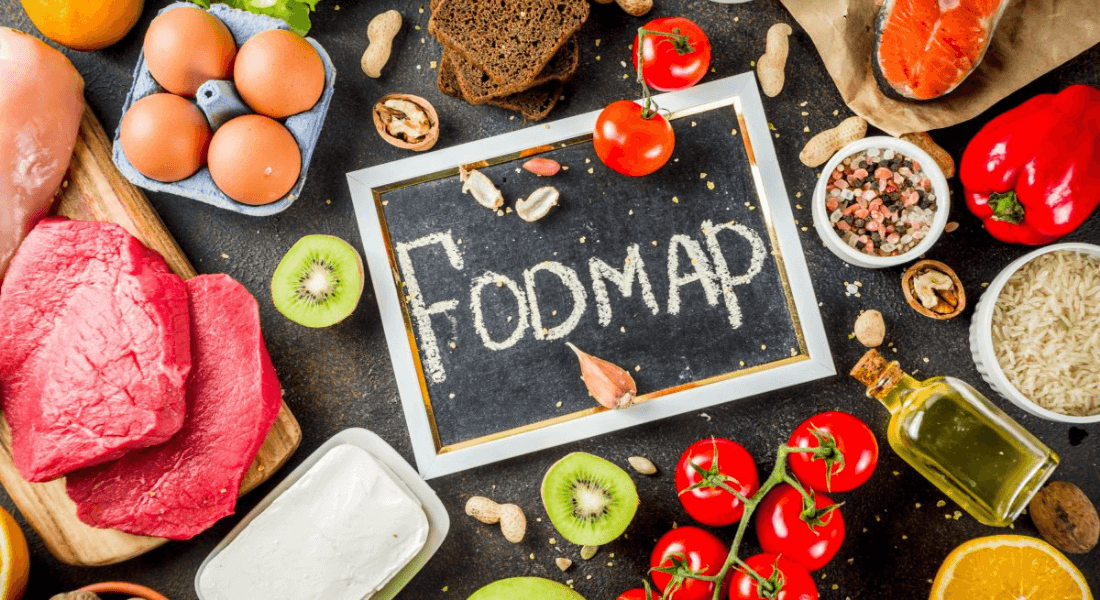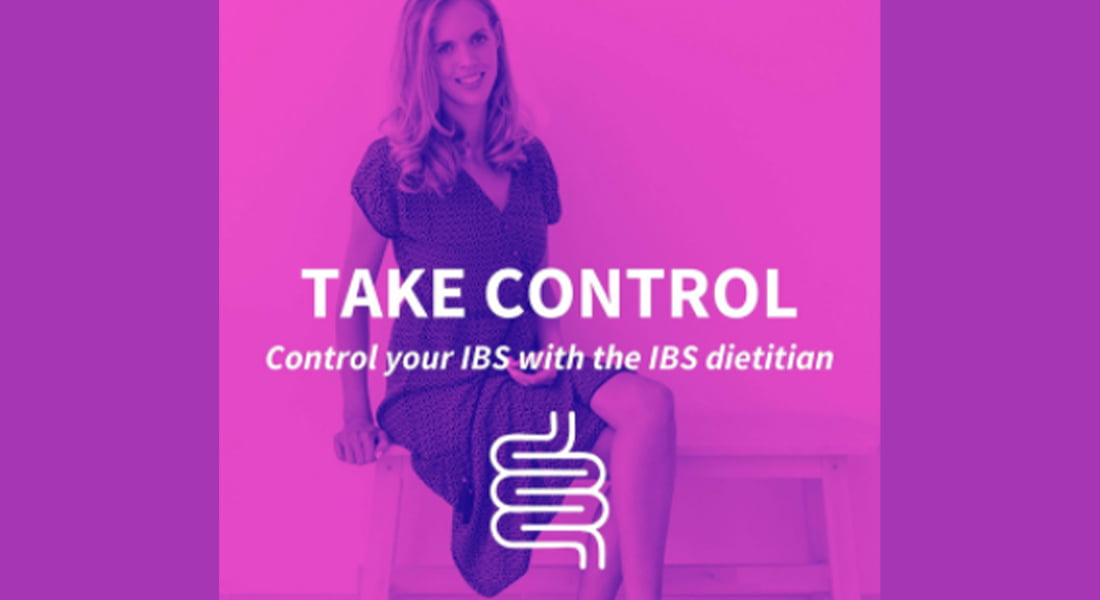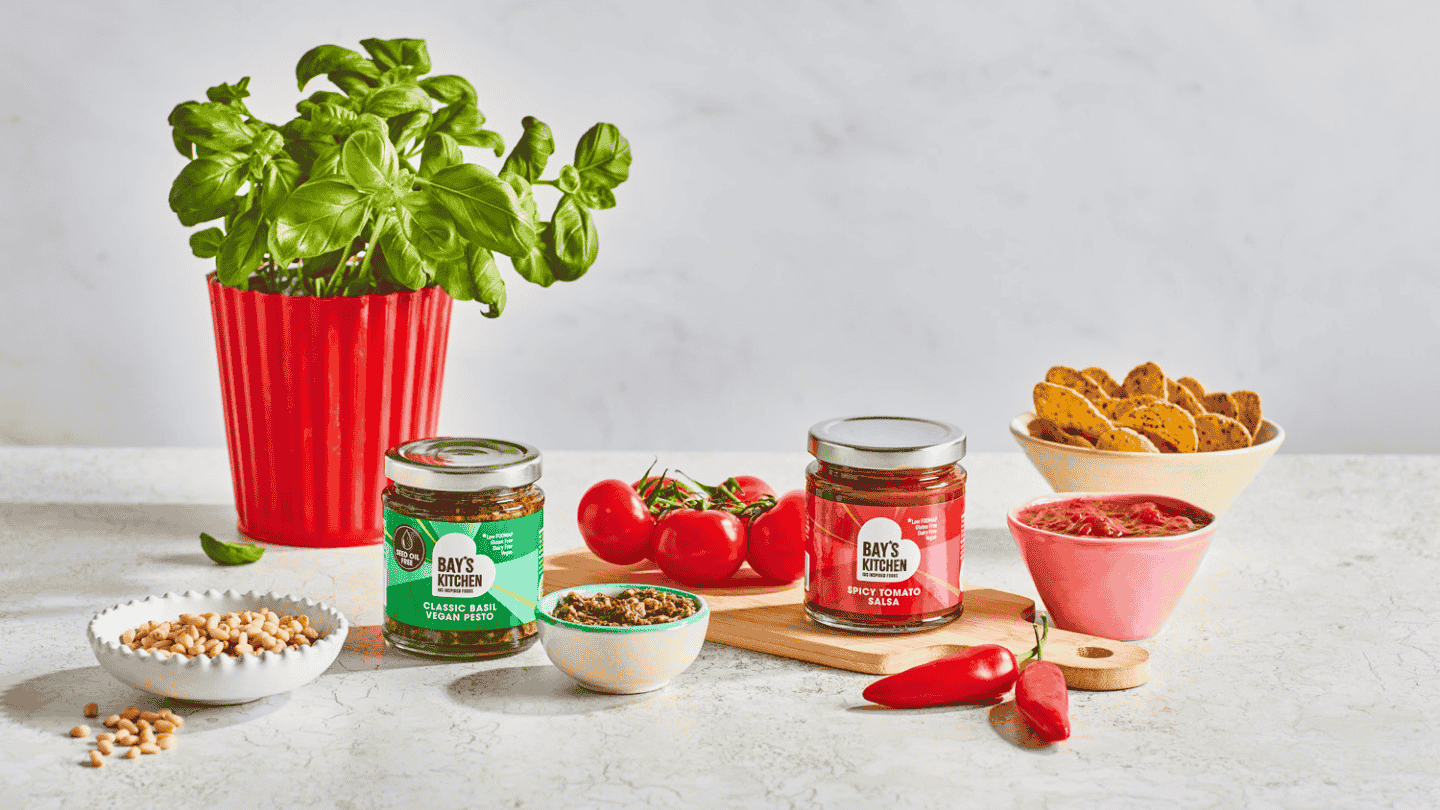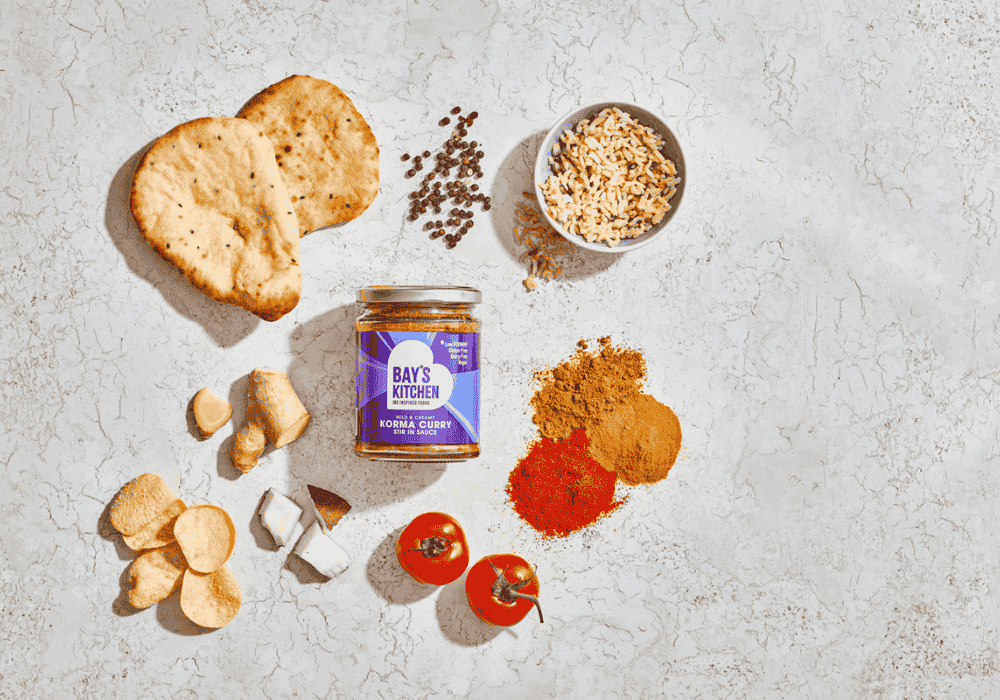The Low FODMAP Diet Plan aims to relieve IBS symptoms by using a food-first approach. This book is written by Priya Tew, an award-winning registered dietitian and winner of the British Dietetic Association’s Media Spokesperson of the Year.
Below is an introduction video, giving you a bit more detail about this book and the author herself.
IBS explained…
This book goes into incredible detail, explaining IBS and the Low FODMAP Diet. We have been lucky enough to get this brilliant extract from the Priya Tew on what causes IBS. Have a read and see for yourself.
"What causes IBS?
The simple answer is we just do not know: there is no single cause. However, there can be some risk factors and triggers that can lead to IBS symptoms worsening.
1. An oversensitive gut. Many of the symptoms seen in IBS are due to visceral hypersensitivity. This means some people have a digestive system that is extra sensitive to the processes of digestion and also that bacterial fermentation can trigger their symptoms. The nerves in the digestive system can also be more sensitive, making gas or water retention feel more painful, and leading to increased bloating. There can be changes in the speed at which food moves through the gut, leading to it moving faster (diarrhoea) or slower (constipation). Some people may have low-grade inflammation or experience changes in the immune system, making it more reactive.
2. Genetics Studies on twins show that if one twin has IBS, it is more likely the other twin will have it too, and we know that IBS can occur in more than one family member. This does not mean there is necessarily a genetic link, however, as environment also plays a role. If you live in the same house and eat the same foods, you will also share the same gut bacteria. However, neither the genetic nor the environmental factors mean that just because someone in your family suffers from IBS, you automatically will too.
3. Gut infections. A study following a waterborne pathogen leading to severe diarrhoea led to many people exhibiting a higher risk of IBS. Specifically the results showed a four-and-a-half-fold increase in the risk of IBS two years after the infection, and a three-fold increase in risk after eight years.11 This is known as post-infectious IBS. In a similar way, some people can develop IBS after a bad episode of gastroenteritis, food poisoning or after courses of powerful antibiotics.
4. Anxiety and stress. There is a well-known link between stress in the brain and the gut, with IBS being more common in people suffering from anxiety or depression. While it can feel frustrating to be told to work on your stress management when you know there is a digestive issue, this really can help. Many people will notice their gut symptoms are worse during stressful periods. Your enteric nervous system is a collection of neurons in the intestine that you can think of as the brain of your gut. This interacts with your actual brain. When the brain is stressed, it can stress the gut via this gut–brain axis. For some people, a traumatic event or period of severe stress can be the trigger for IBS.
5. Gut microbiome. An imbalance of bacteria in the large intestine may contribute to IBS symptoms. When some foods are poorly digested and absorbed they will pass into the colon, where the bacteria break down the food fragments further in a process known as fermentation. Gases are released as by-products. This process is totally normal and happens in all of us, but some people are more sensitive to it and their gut symptoms can be triggered.
6. Dietary triggers. This is what we will come on to talk about later in this book"
What do Bay’s Kitchen think of this book?
This was an exceptional read. I would recommend this to anyone who is after answers and advice regarding their IBS and how a food-first approach can really relieve their symptoms. Including 75 gut-friendly recipes is a fantastic idea and these are so useful for people starting out on the Low FODMAP Diet to give you some inspiration of meals to try. Packed full of reliable information, written by a registered Dietitian, this is a fantastic resource.
You can purchase The Complete Low FODMAP Diet Plan on Amazon here.
How can Bay’s Kitchen help?
Here at Bay’s Kitchen we create a fantastic range of low FODMAP, Gluten Free & Dairy Free (mostly Vegan too) food products that can help to make your low FODMAP journey a little easier. If you are starting the Low FODMAP Diet, we highly recommend using the Complete Low FODMAP Diet Plan alongside our Food & Symptom Diary. This allows you to gain all the background knowledge you need and to track your progress and symptoms as you go.
Why not try out some of our incredible Sauces, Condiments, Chutneys, Soups, Gravies & Stocks, which are all available on our web shop.
